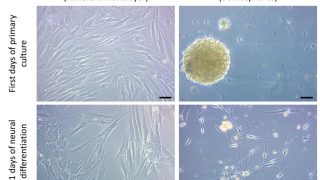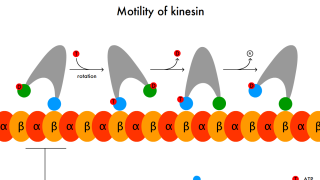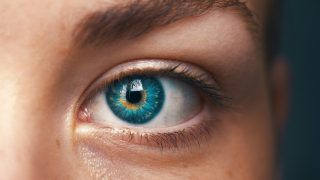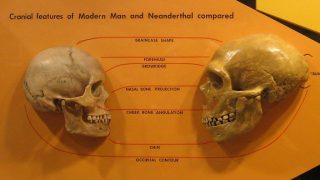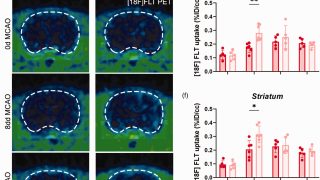
Rewiring the brain: How blocking adenosine boosts stroke healing
Each year, millions of people experience an ischaemic stroke, a condition where a blood clot blocks the flow of oxygen and nutrients to part of the brain. Even when doctors act quickly to remove the clot, many survivors struggle with long-term challenges like difficulty moving, remembering, or managing emotions. While treatments like clot-dissolving drugs or […]

